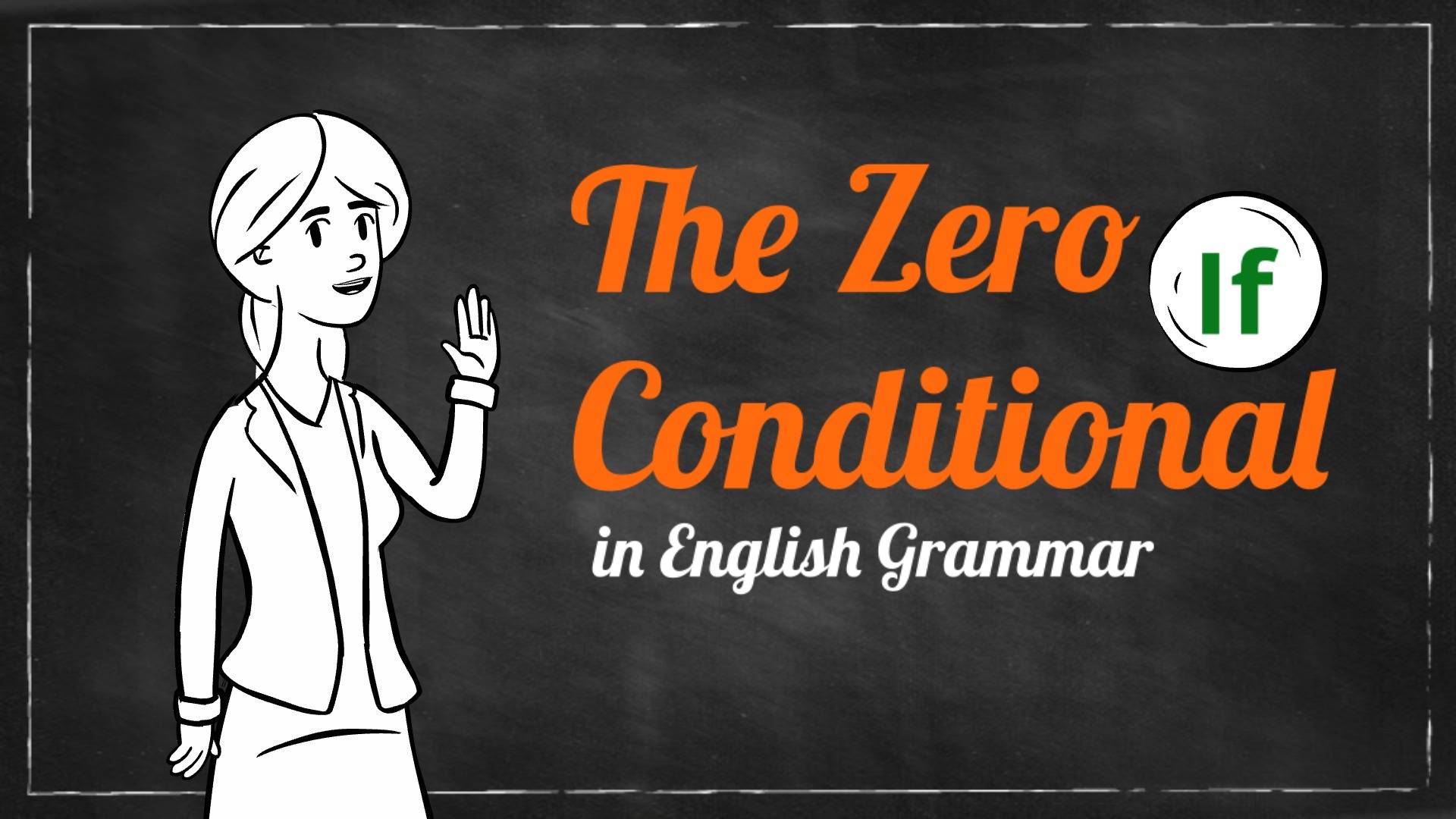If you eat too much, you get fat.
If babies are hungry, they cry.
If you heat water to 100 degrees Celsius, it boils.
Have you noticed one thing in all the three sentences? When a condition is fulfilled, something always happens.
Eating too much always results in getting fat.
Hungry babies always cry.
Water heated to 100 degrees Celsius, always boils.
The first part of the sentence with ‘if’ in each of these, expresses a condition. If that condition is fulfilled, the result is the same every time.
Such ‘if’ conditional sentences are called ‘Zero’ conditionals.
They are expressed in the Simple Present Tense. Both the ‘if’ clause and the main clause use the Simple Present Tense.
Here is the structure:
If + Simple Present, Simple Present
The zero conditional says that something is always true or something always happens after another.
You can say the result clause first and then the ‘if’ clause.
Let’s look at a few examples.
Plants die if they don’t get enough water.
If you heat ice, it melts.
If you tease dogs, they bite you.
If I work too much, I get tired.
If my brother has a cold, I usually catch it.
Do you know that you can use ‘when’ in place of ‘if’ in these sentences?
Plants die when they don’t get enough water.
When you heat ice, it melts.
When you tease dogs, they bite you.
When I work too much, I get tired.
When my brother has a cold, I usually catch it. It’s your turn now. In the comments, write a Zero Conditional sentence. Don’t forget to use the Simple Present Tense in both parts of the sentence.
